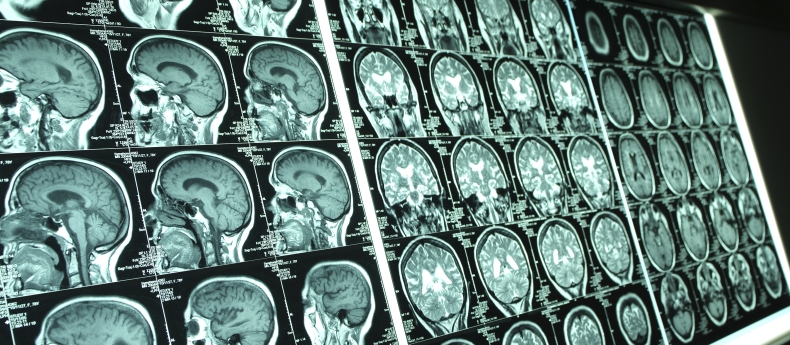
Curious About Michael Schumacher?
Formula One legend Michael Schumacher suffered a severe head injury after a skiing accident in the Alps last December, leaving him in a medically induced coma and shocking fans across the racing world. While physicians in France continue to treat his condition, traumatic brain injuries, like Schumacher’s, are not well understood by the general public.
For individuals under the age of 44, traumatic brain injury (TBI) is the leading cause of disability and death. Common causes of TBI include traffic accidents, falls, and sports injuries, which can have serious consequences for the individual sustaining the injury.
TBI often causes varying degrees of neurological dysfunction. This dysfunction depends on whether the brain damage is confined to a particular area (focal) or if there is extensive damage (diffuse).
Brain damage in different regions of the brain can cause different symptoms, including problems with motor coordination, sensory awareness, speech, vision, and hearing. Diffuse brain damage may often affect memory, sleep, cause confusion, and could even result in a coma.
TBI usually occurs when there the individual experiences a sudden impact or a sudden acceleration or deceleration, and the brain tissue collides against the skull.
Symptoms depend on the severity of the injury, and may include headache, vomiting, short-term memory loss, loss of consciousness, and some may even enter into a coma. Severe TBI can stretch, twist, or tear the brain nerves, blood vessels, and other cranial tissues. Nerve damage may cause intracranial hemorrhaging, or increased pressure within the skull. As a result, this increased intracranial pressure forces parts of the brain against the skull, damaging the brain’s structure and function. When the pressure gets too high, causing damage to the brain, this is called brain herniation. Because the brainstem critically maintains the body’s breath and heartbeat, brain herniation is often fatal.
Treatment of TBI also depends on severity, and may be slightly different for each patient. Patients with mild TBI usually only need rest and symptomatic therapy, while patients with severe injuries will require ICU treatment and surgery to receive comprehensive, life-saving care.
After immediate, life-threatening danger has abated for the TBI patient, depending on the degree of brain damage and the patient’s disability, it’s vital these patients undergo rehabilitation as soon as possible for a full neurological recovery.
The Neurosurgery Clinic at Beijing United Family Hospital and Clinics (BJU) was established in 2011, and Beijing United Family Rehabilitation Hospital opened its doors in 2013. Our scope of comprehensive care, from departments and services such as Emergency, Neurosurgery, ICU, Neuroimaging, and Neurological Rehabilitation, allows our world-class physicians to provide timely and integrated treatment and rehabilitation for patients with various forms of TBI.
Copyright United Family Healthcare 2014 All right reserved - 京卫网审[2014]第1927号 - 京ICP备13017554号-4



